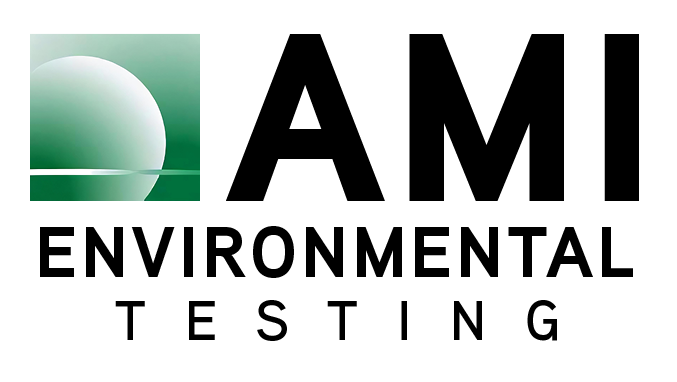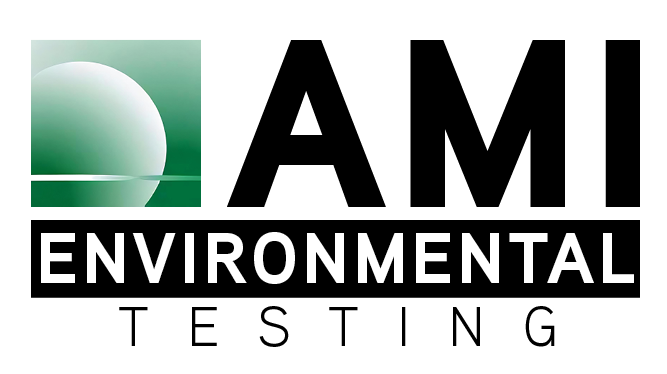In February 2024, the U.S. Environmental Protection Agency (EPA) finalized a significant update to its National Ambient Air Quality Standards (NAAQS) for fine particulate matter (PM2.5), reducing the annual health-based standard from 12.0 to 9.0 micrograms per cubic meter (µg/m³). This change aims to enhance public health protection, as PM2.5—tiny airborne particles from sources like vehicle exhaust, industrial emissions, and wildfires—has been linked to serious health issues, including asthma, heart disease, and premature death.
To support the new standard, the EPA is updating the Air Quality Index (AQI) to better communicate health risks associated with PM2.5 exposure and is enhancing monitoring networks, particularly in communities disproportionately affected by air pollution. Despite concerns from some industry groups about potential economic impacts, the EPA emphasizes that the health benefits of the stricter standard far outweigh the costs.
Environmental consultants can help businesses, schools, and homeowners improve indoor air quality by testing PM2.5 levels, identifying sources of pollution, and recommending solutions like upgraded ventilation or air filtration systems. With tighter outdoor air standards now in place, it’s more important than ever to make sure the air inside buildings is safe, especially in high-traffic or sensitive environments.
To learn more, contact AMI Environmental Testing.



